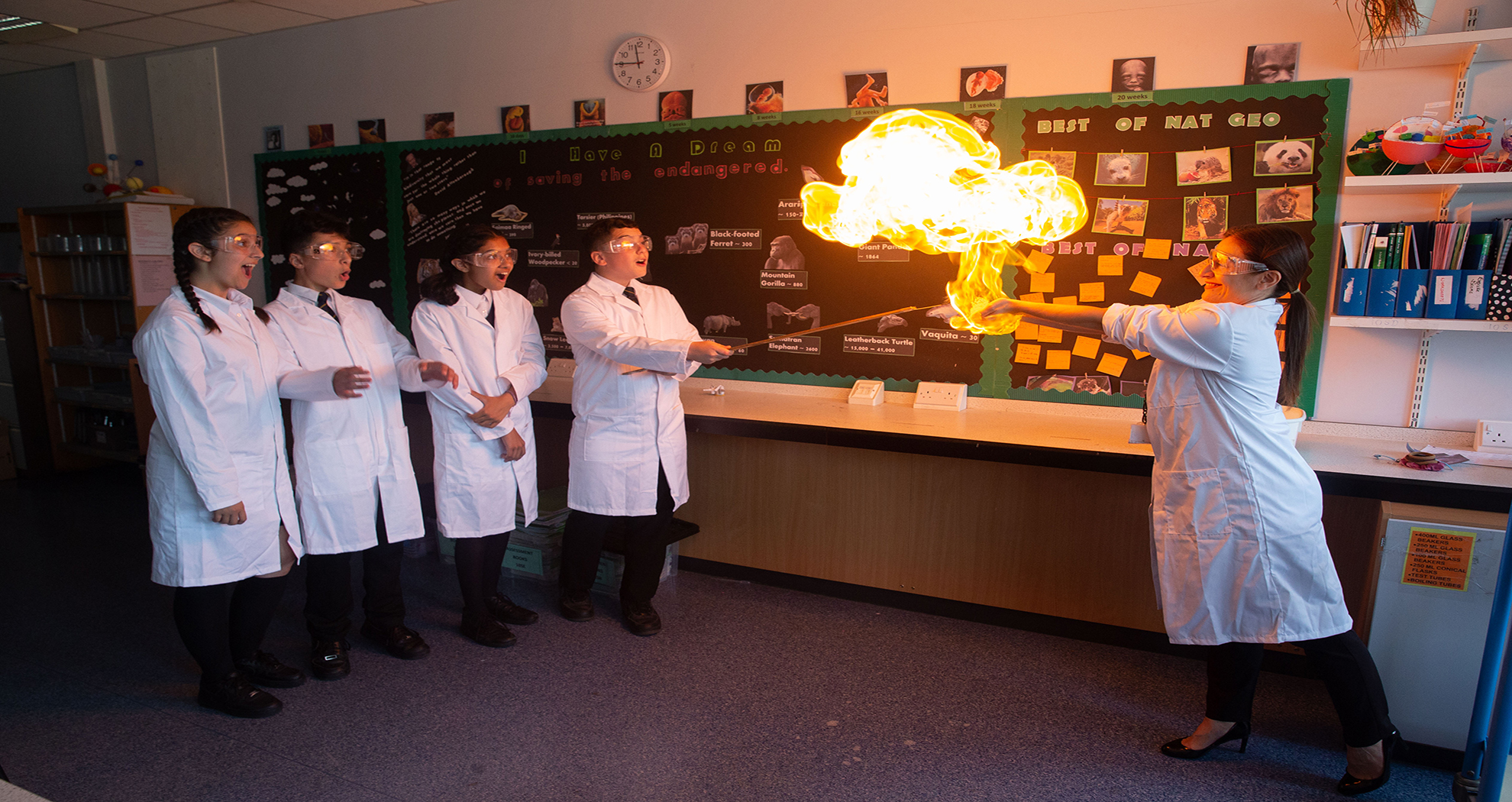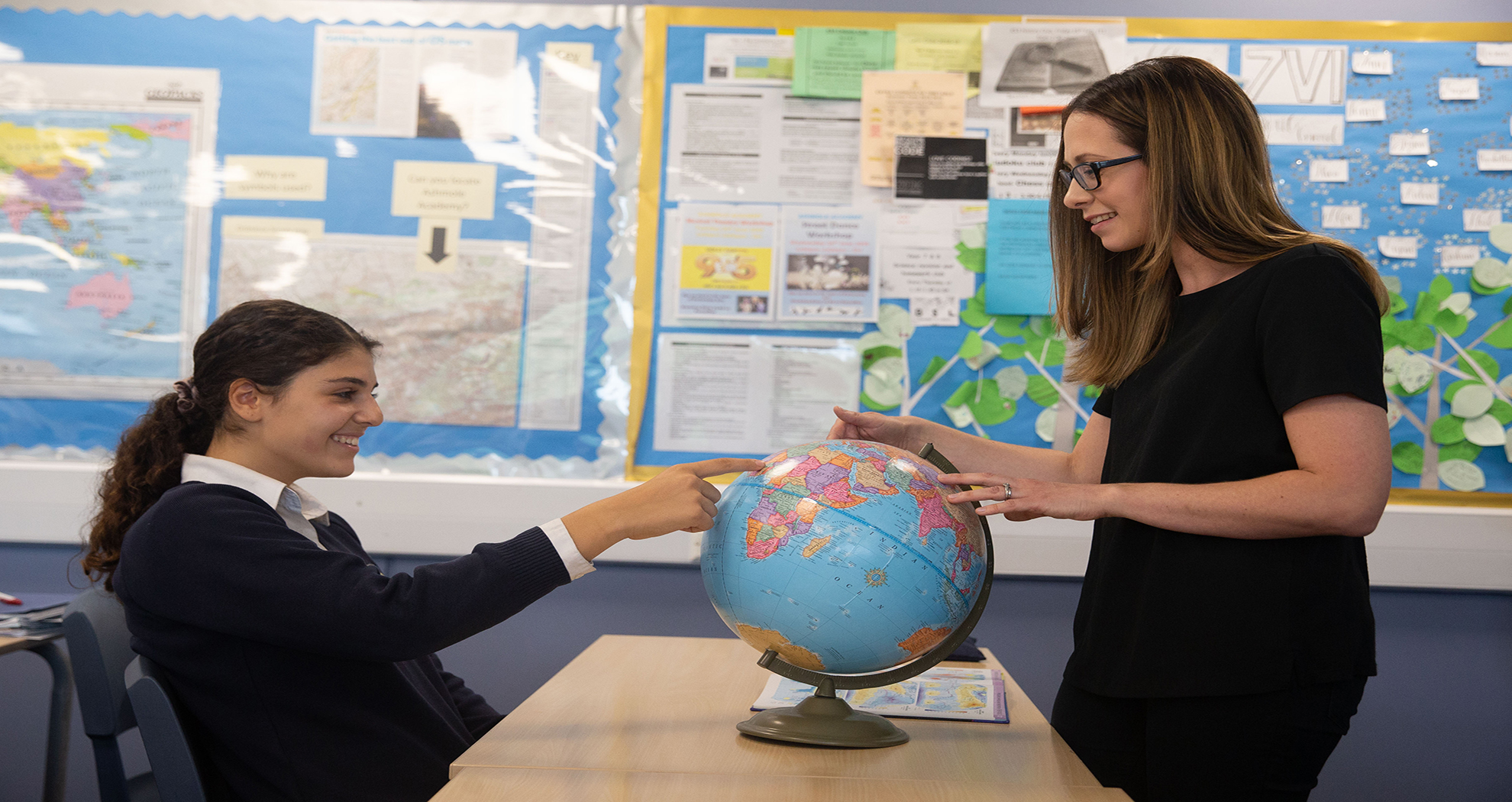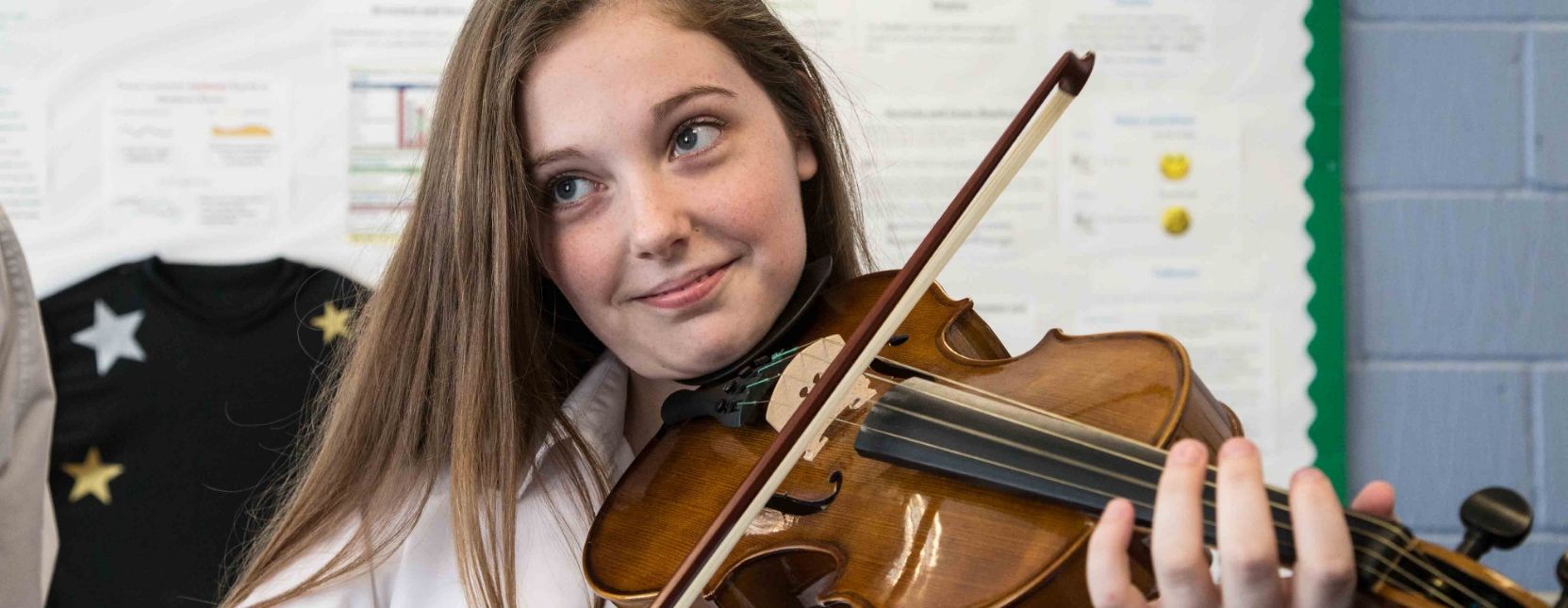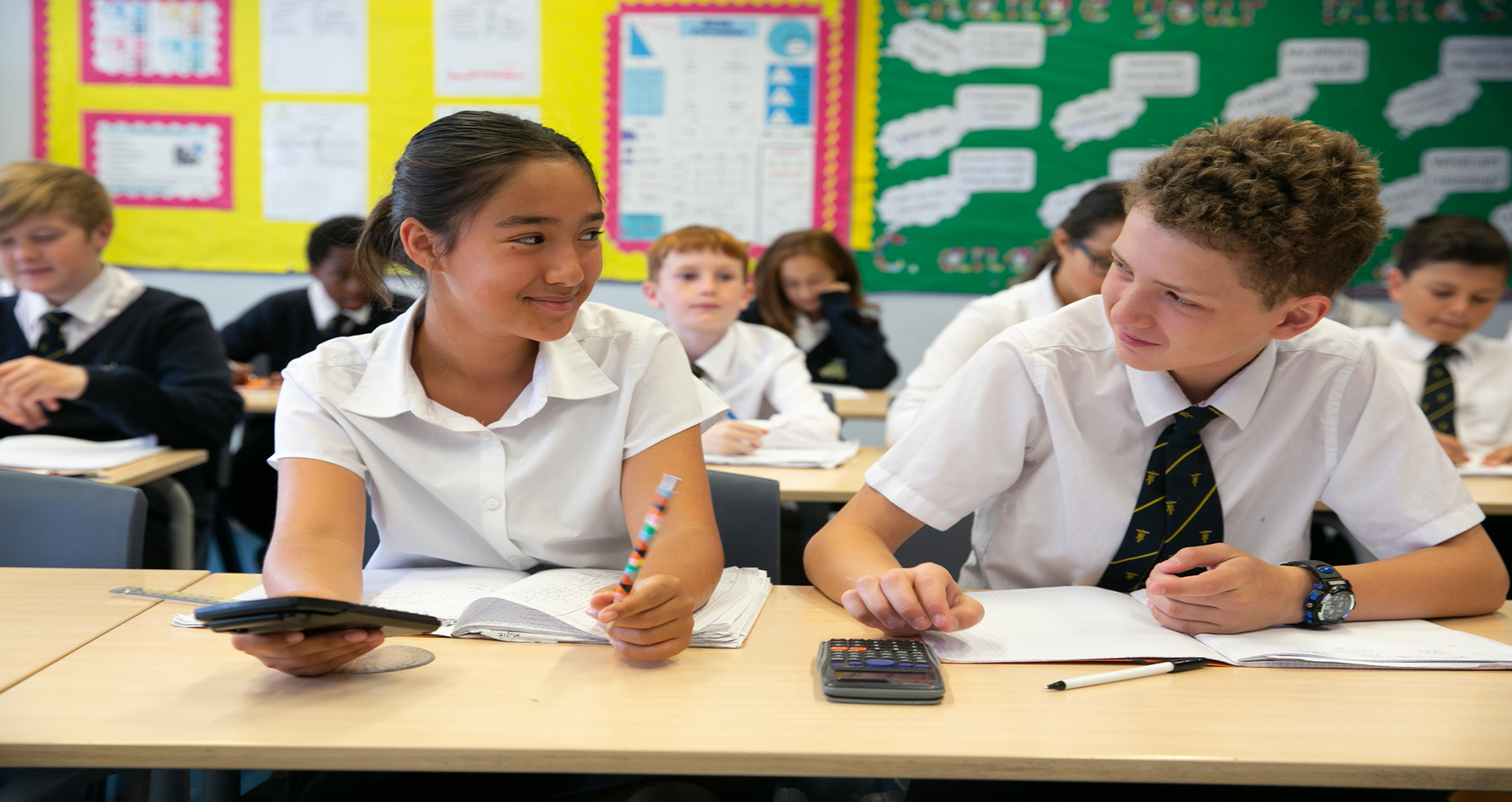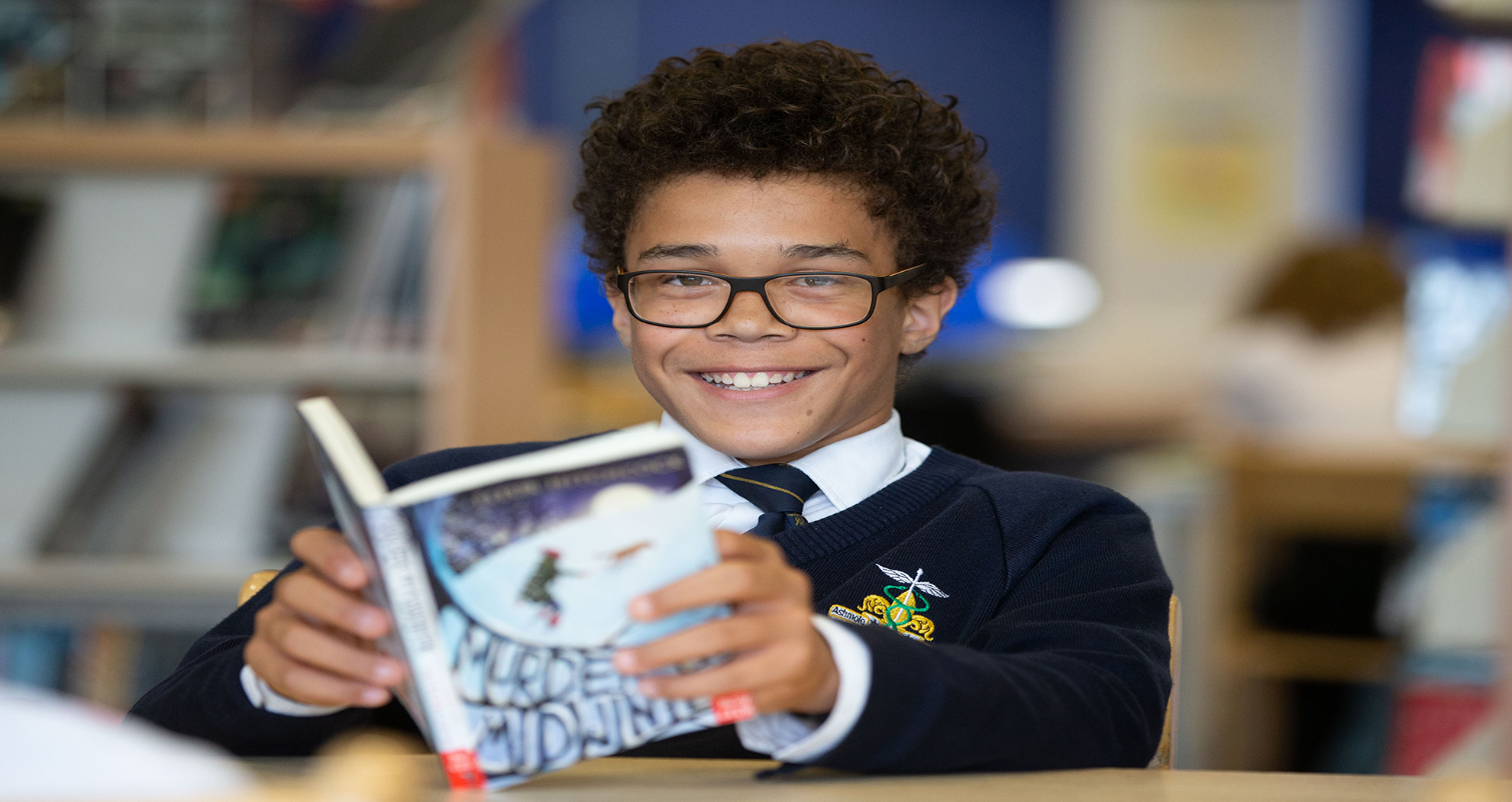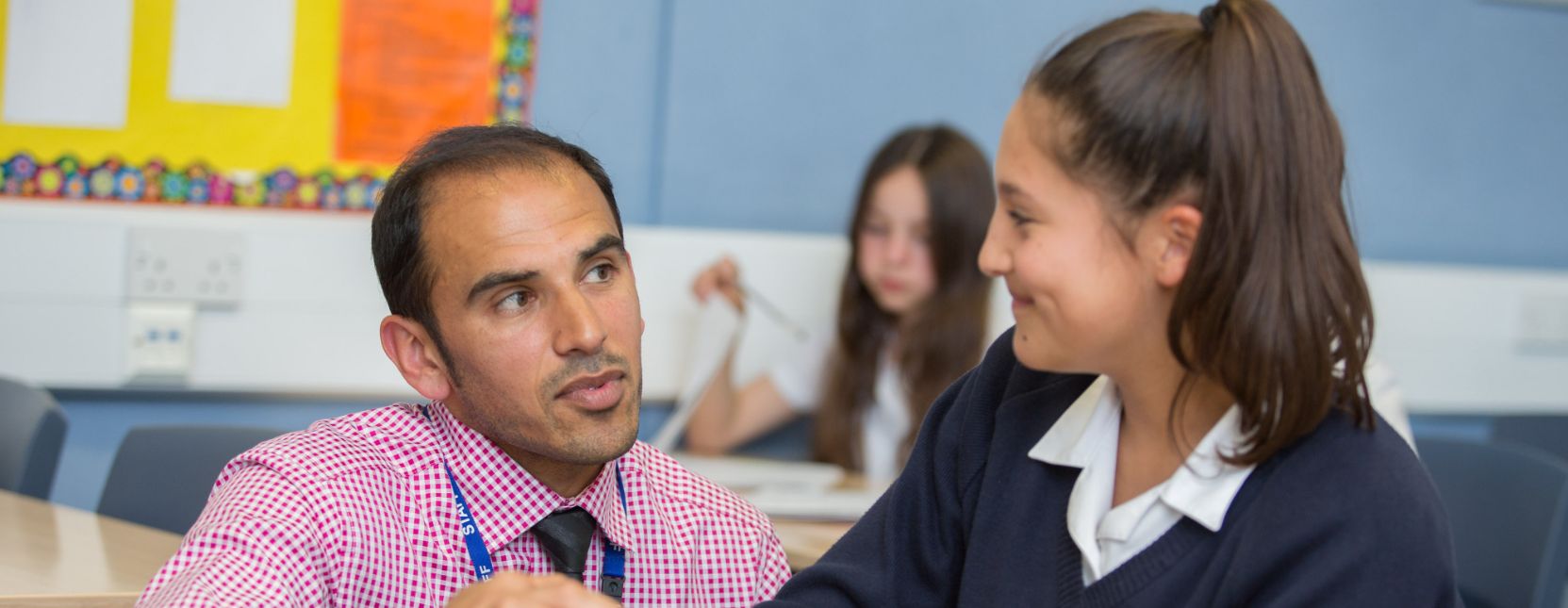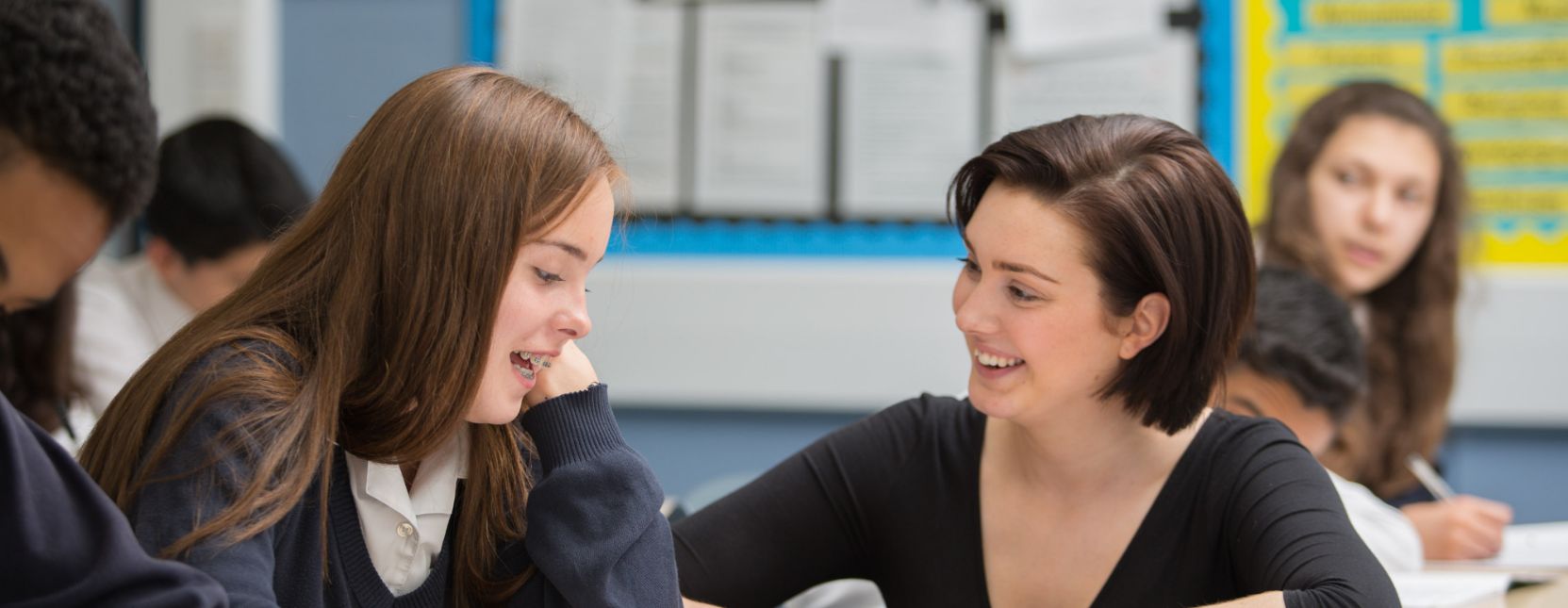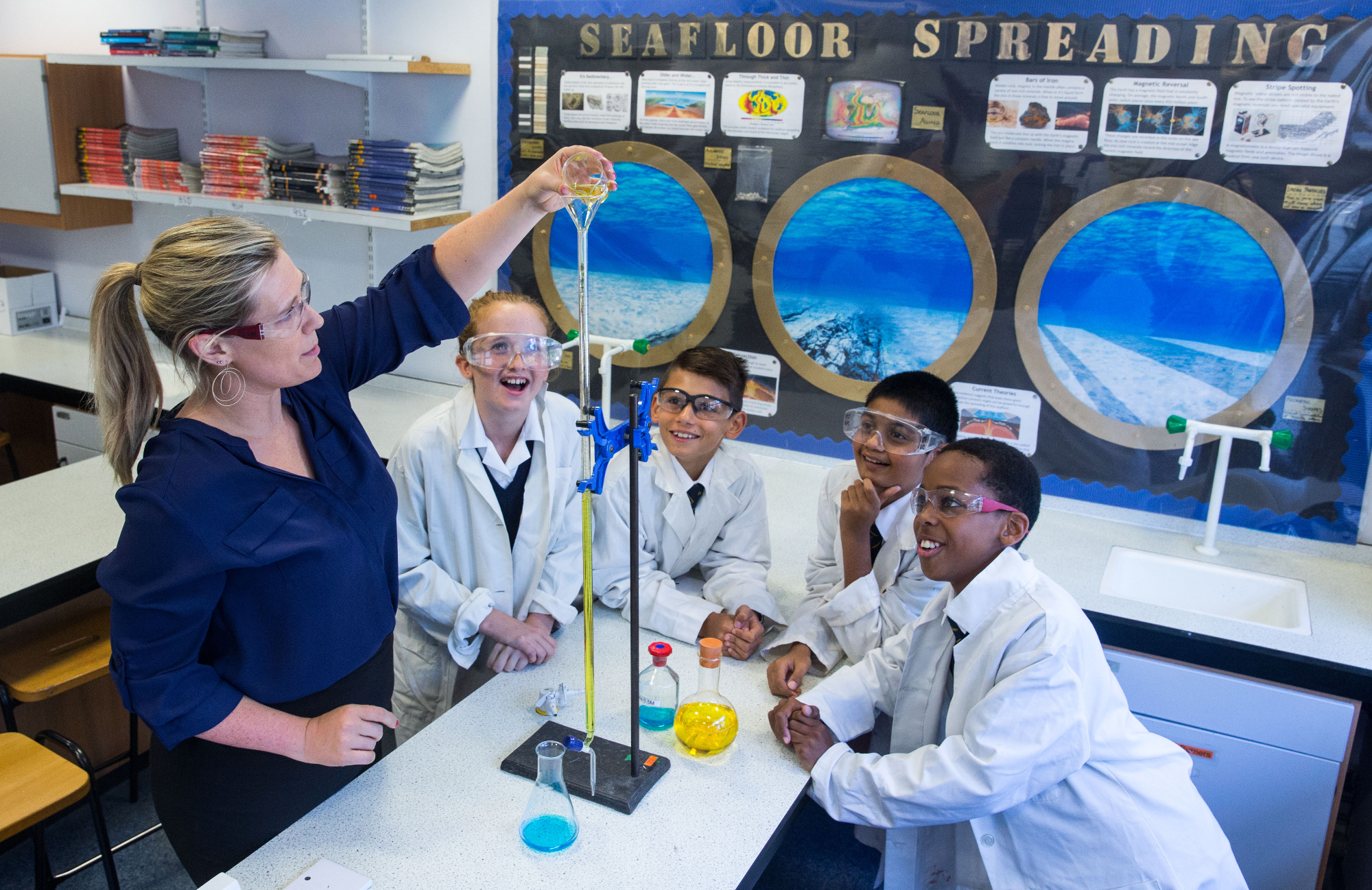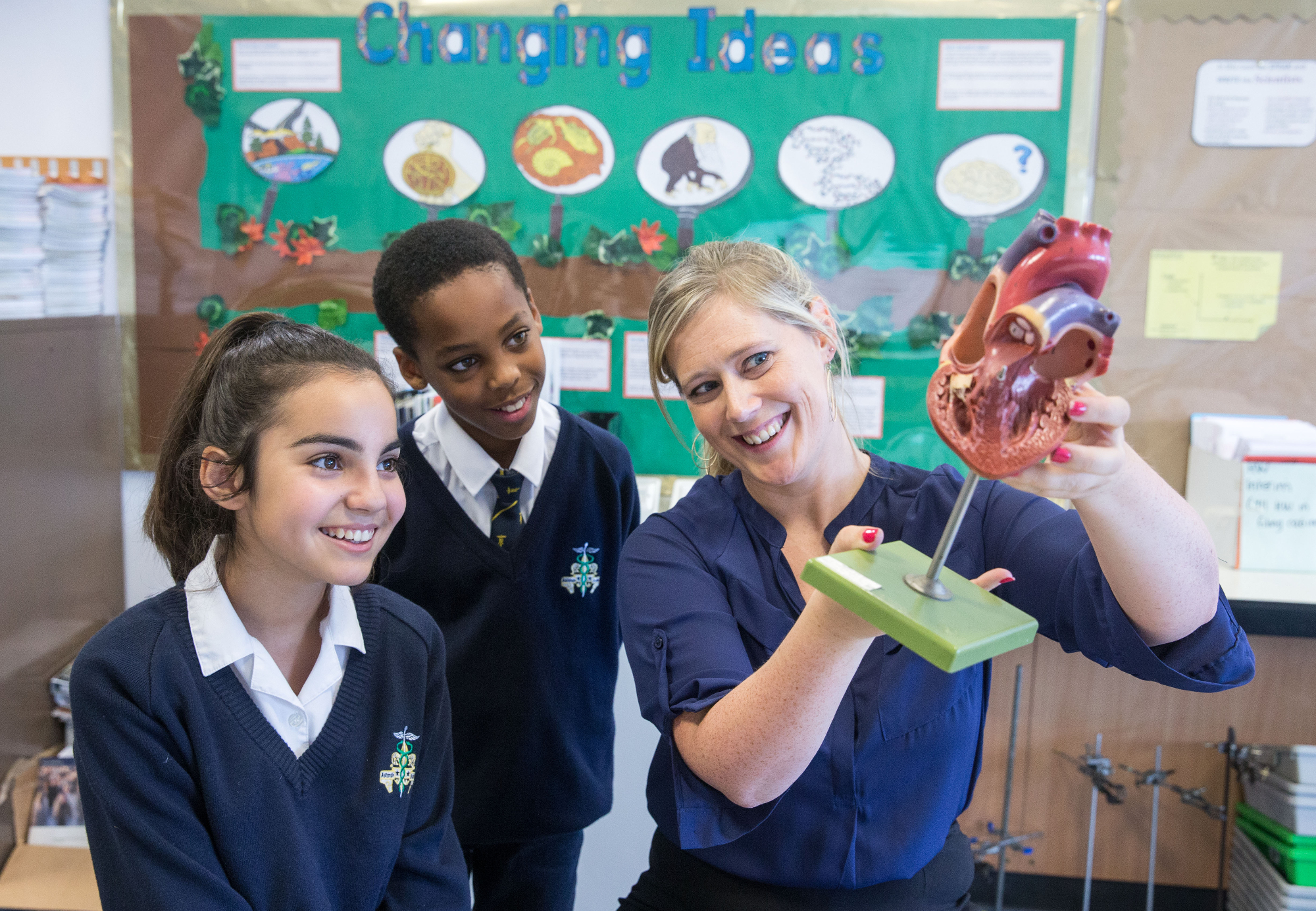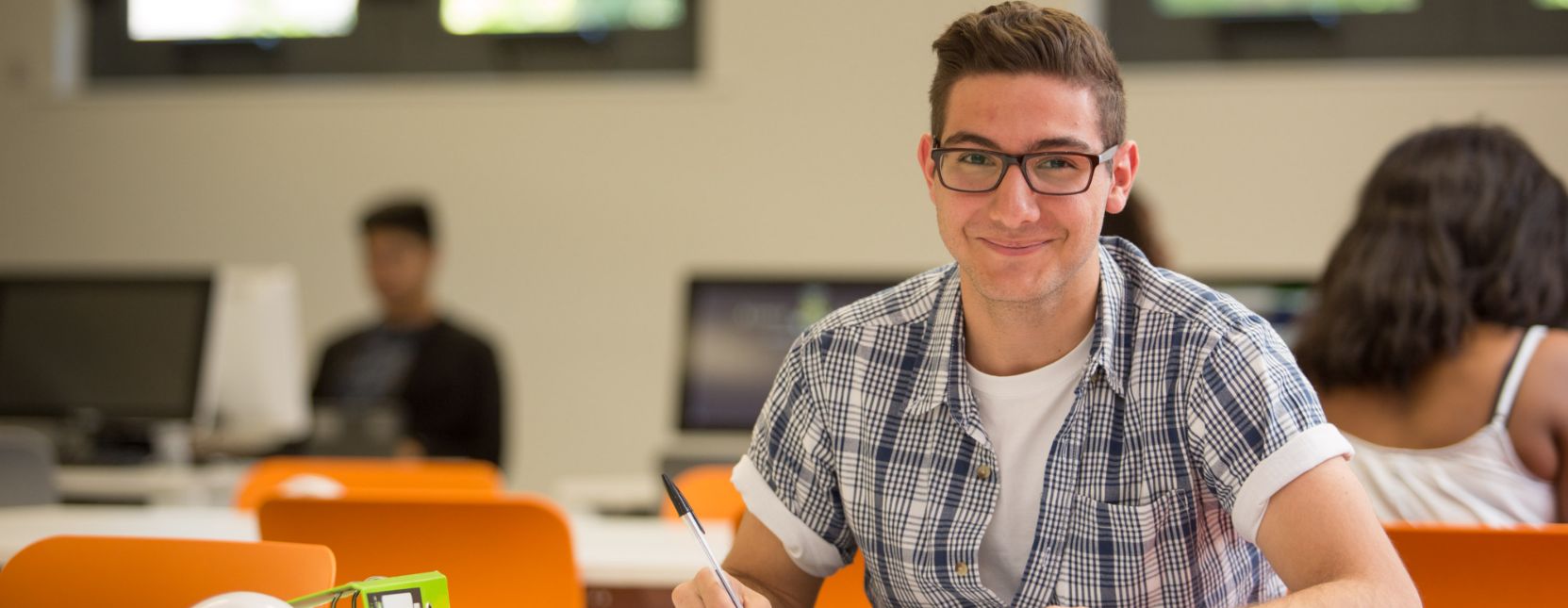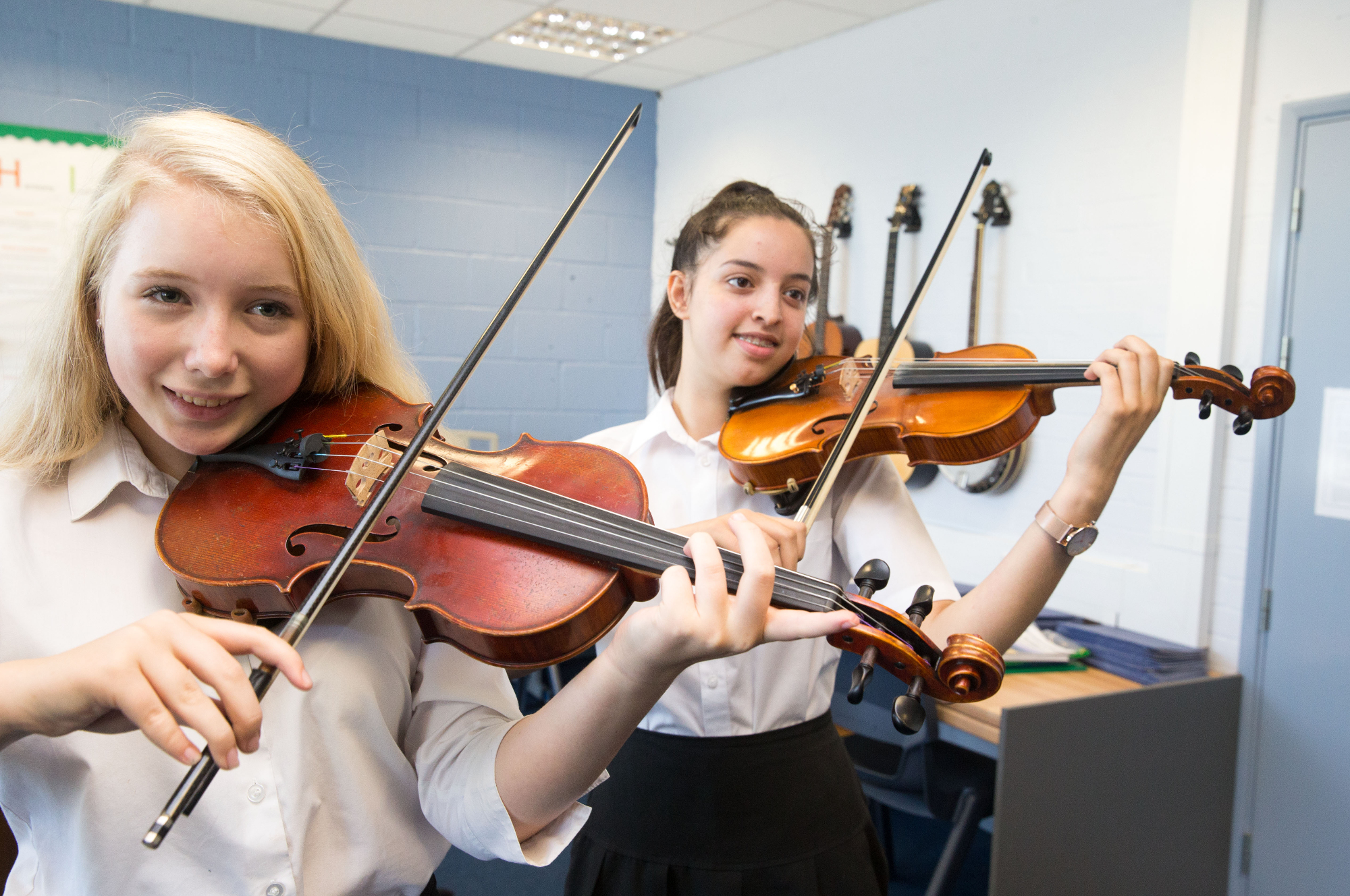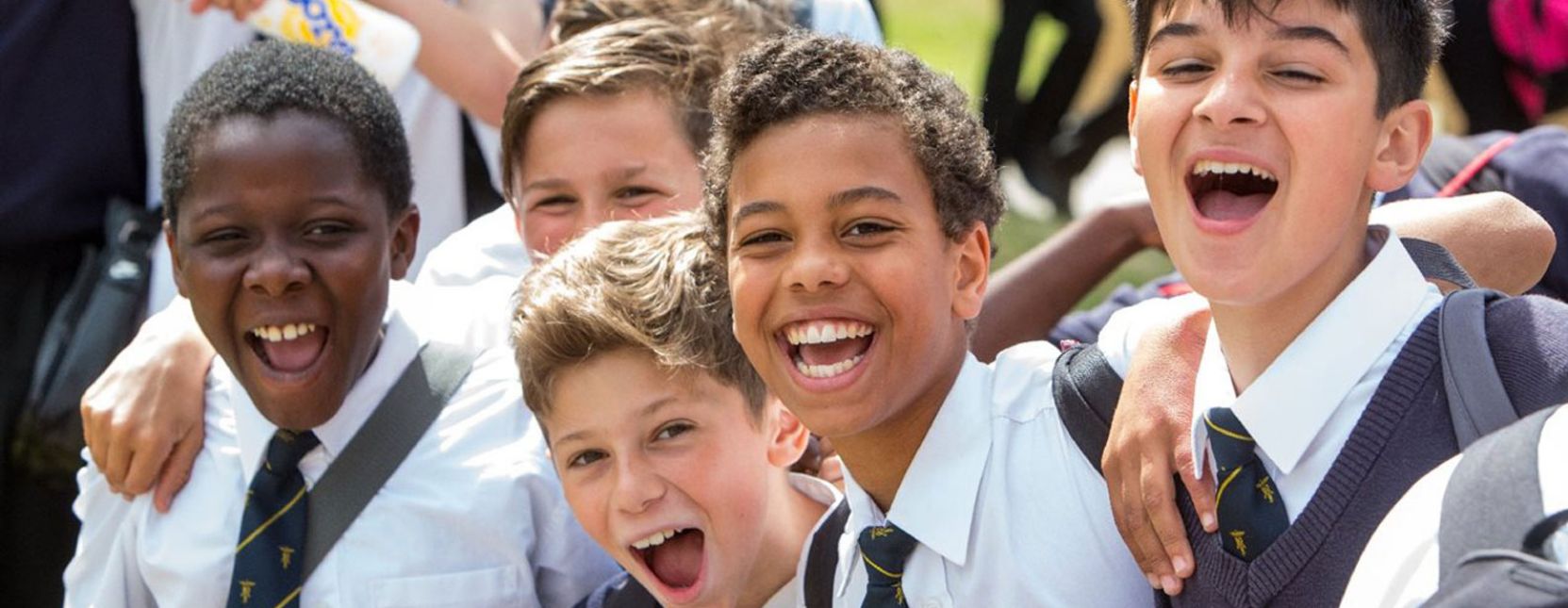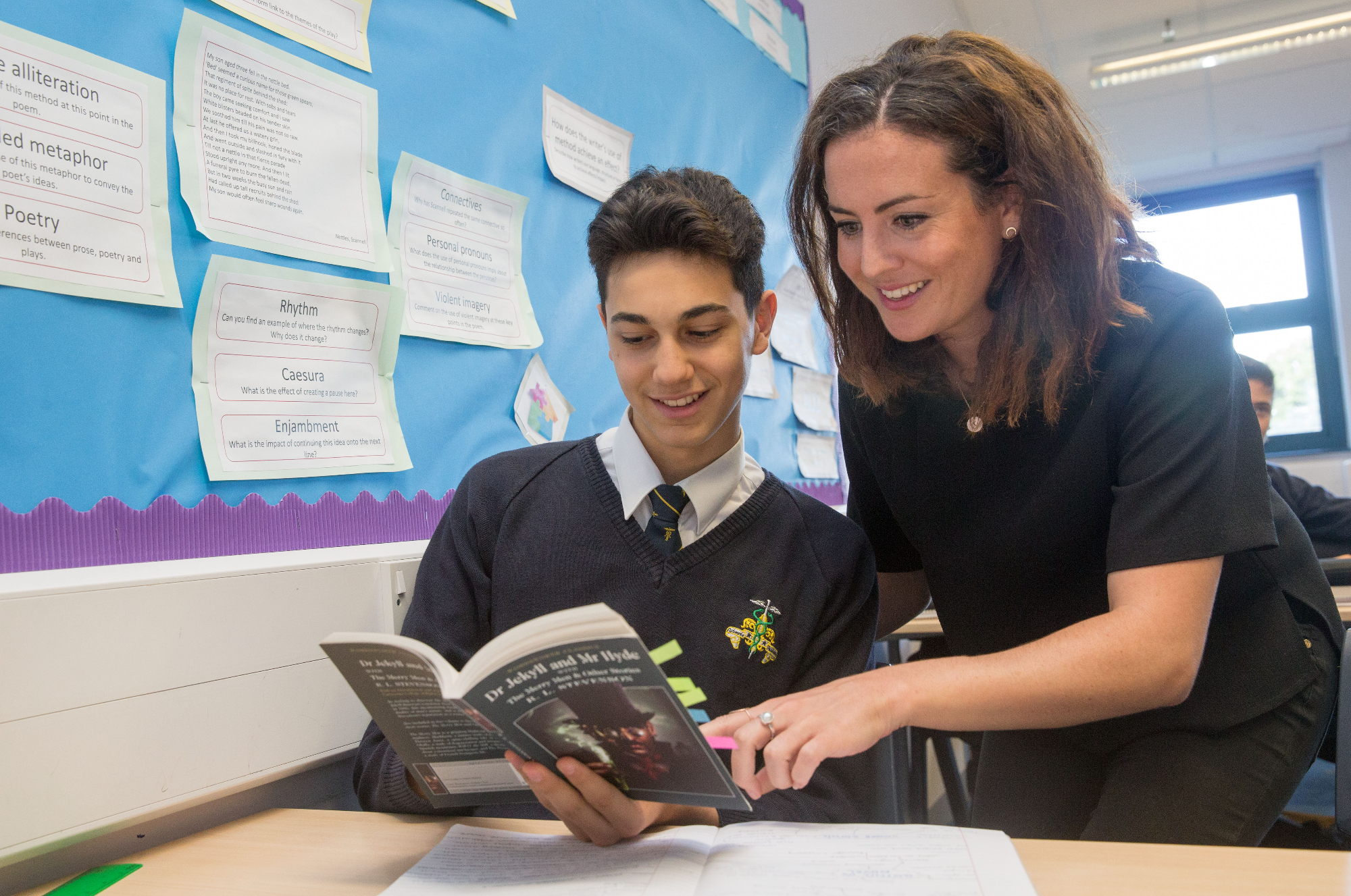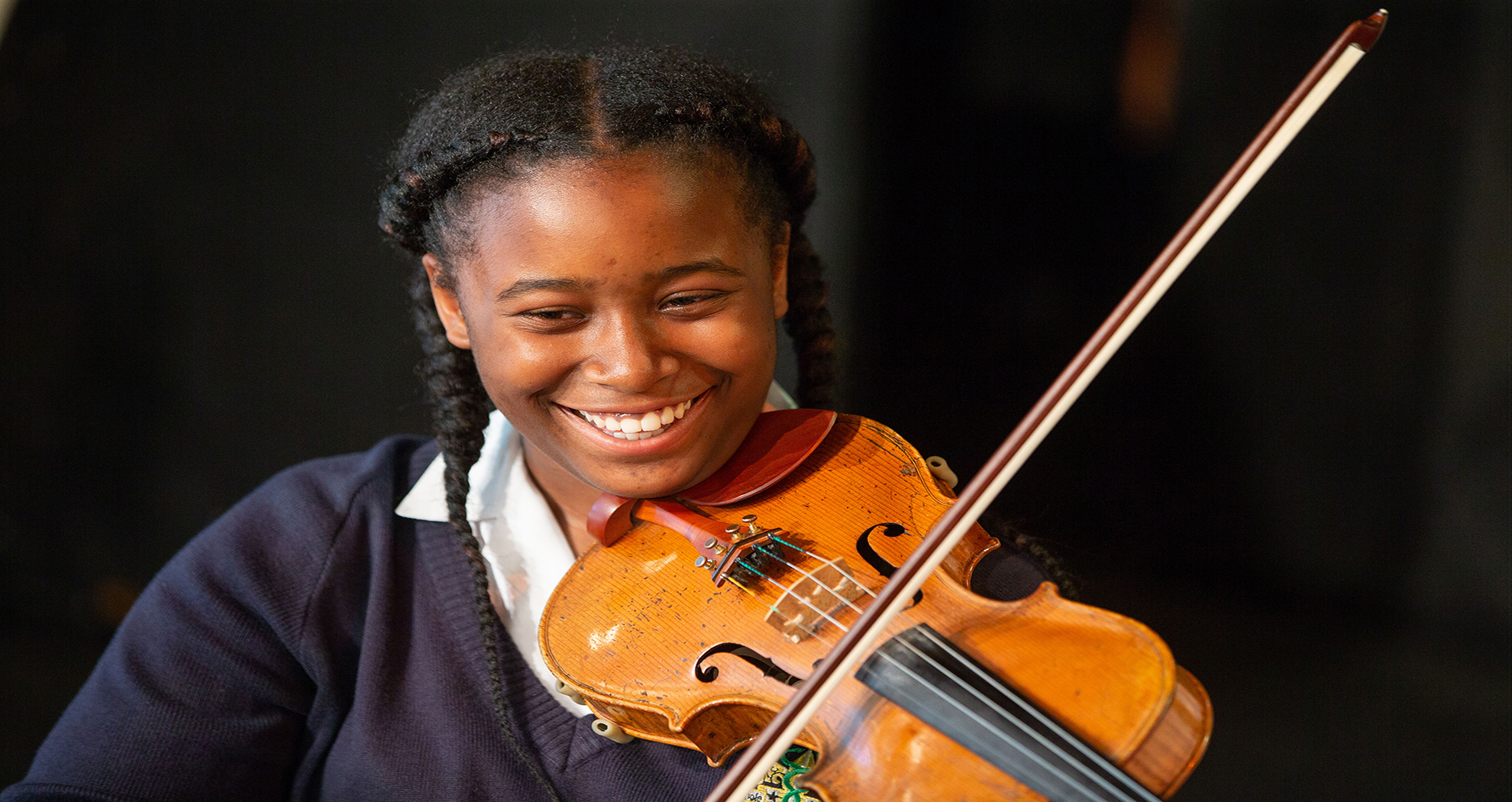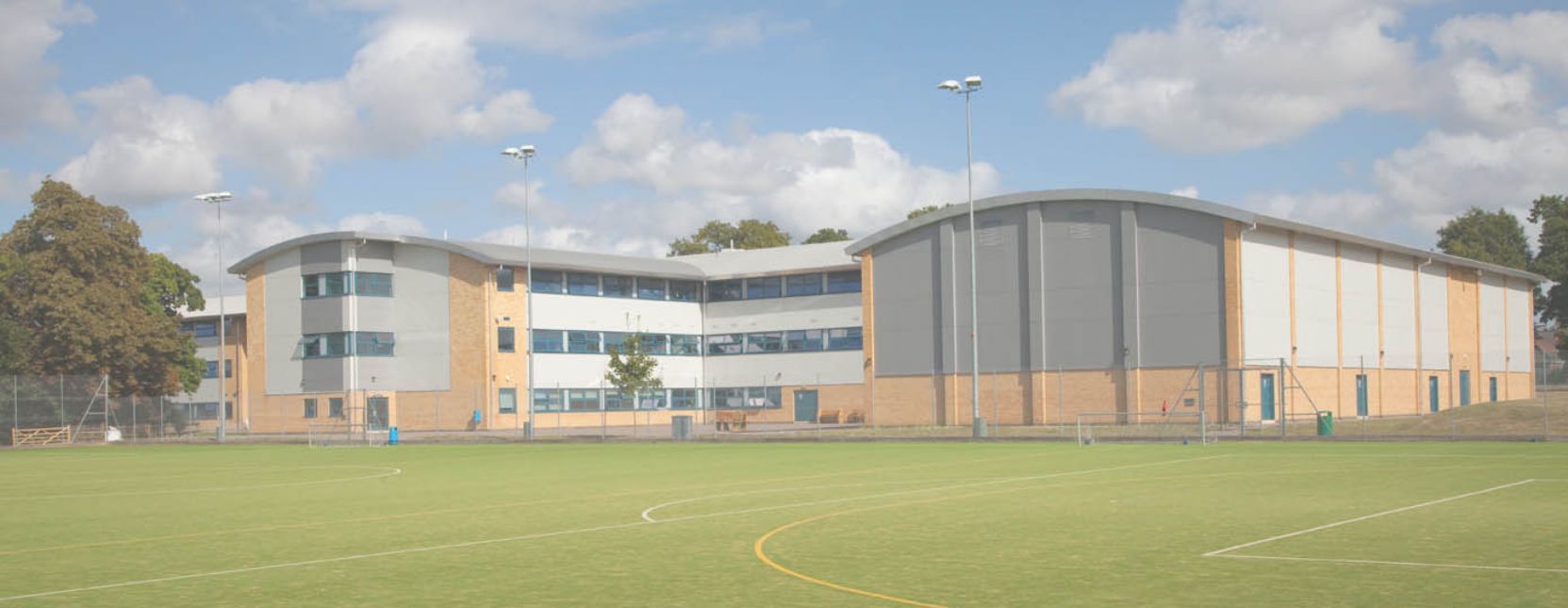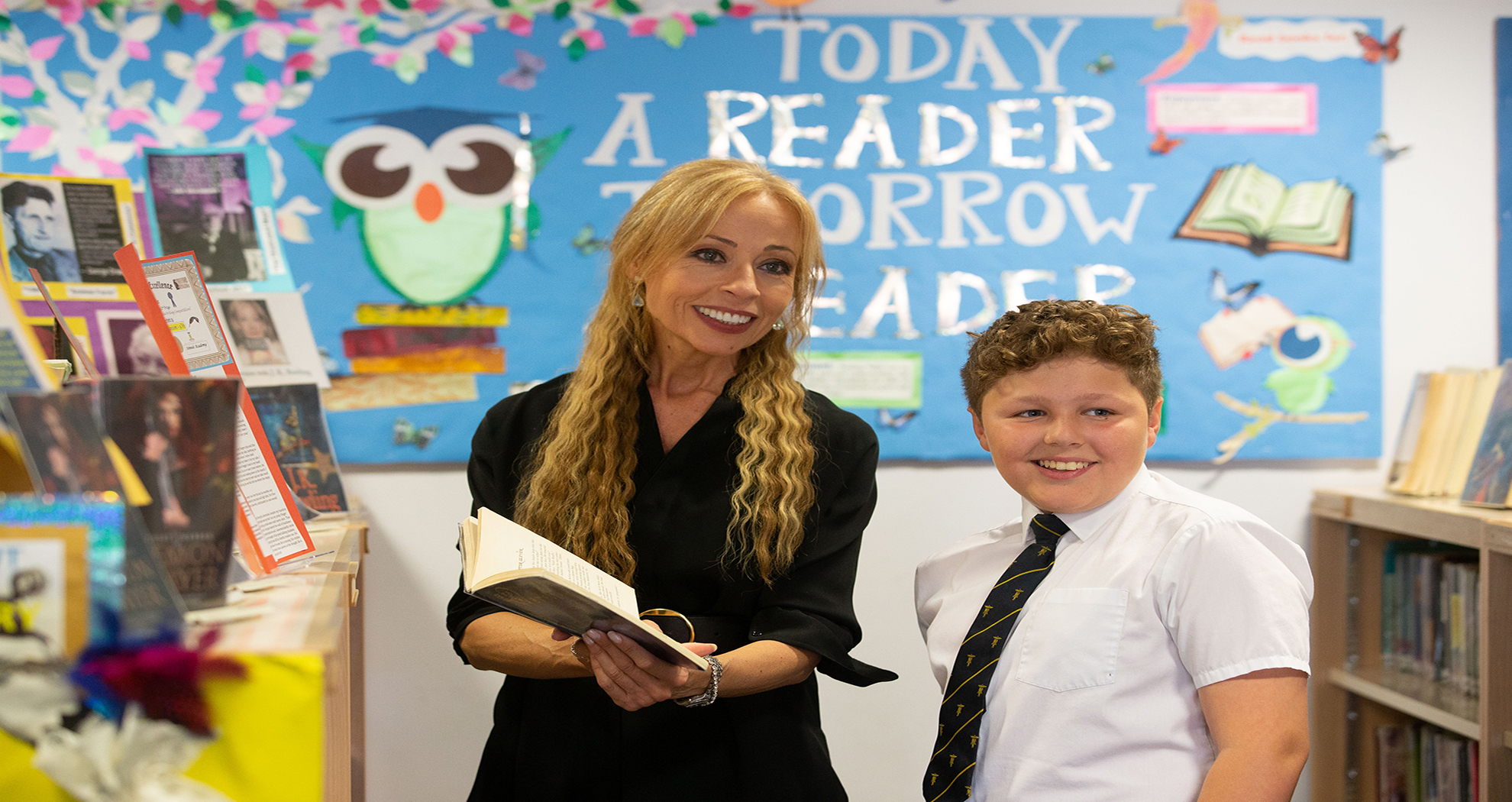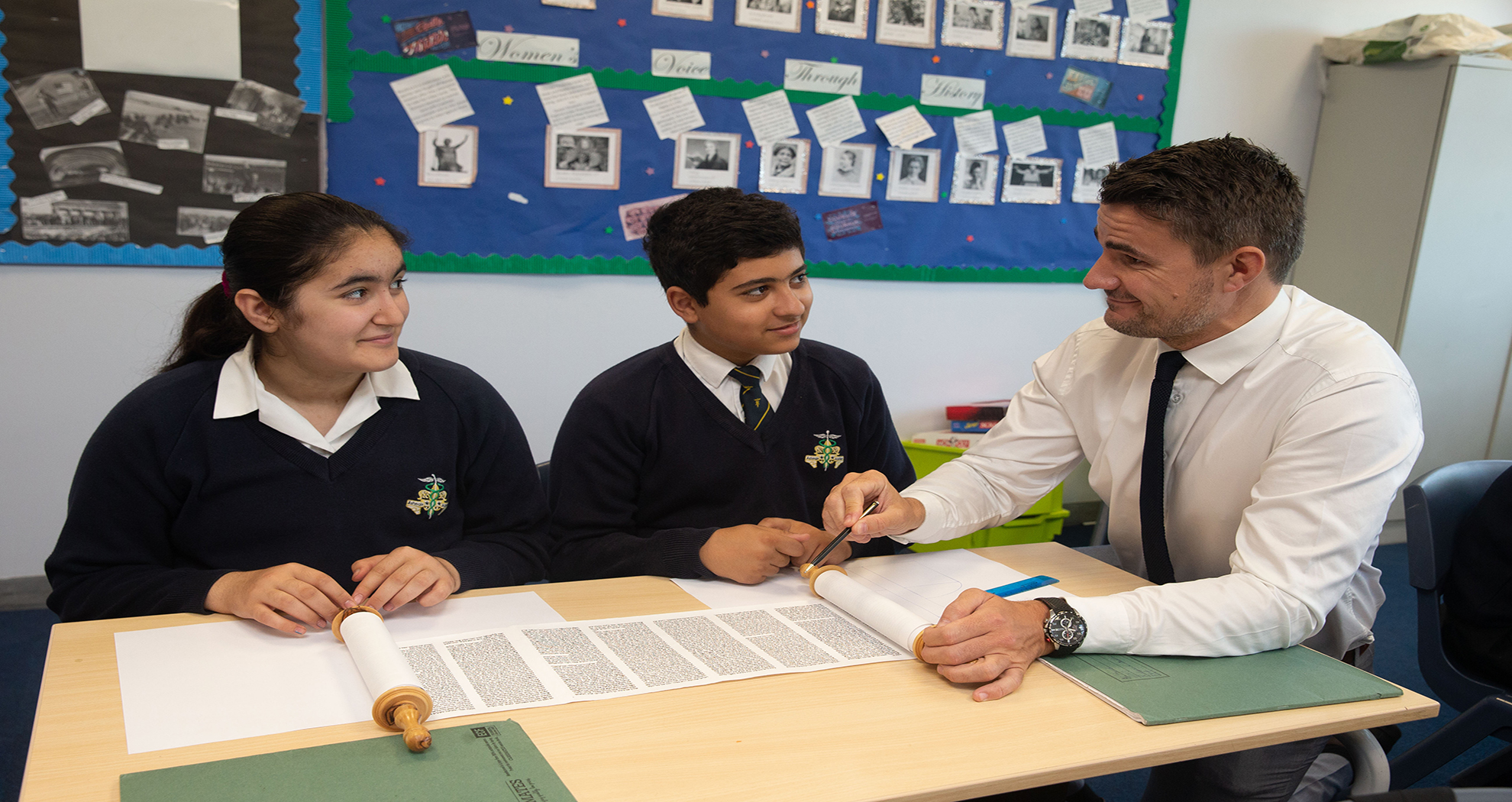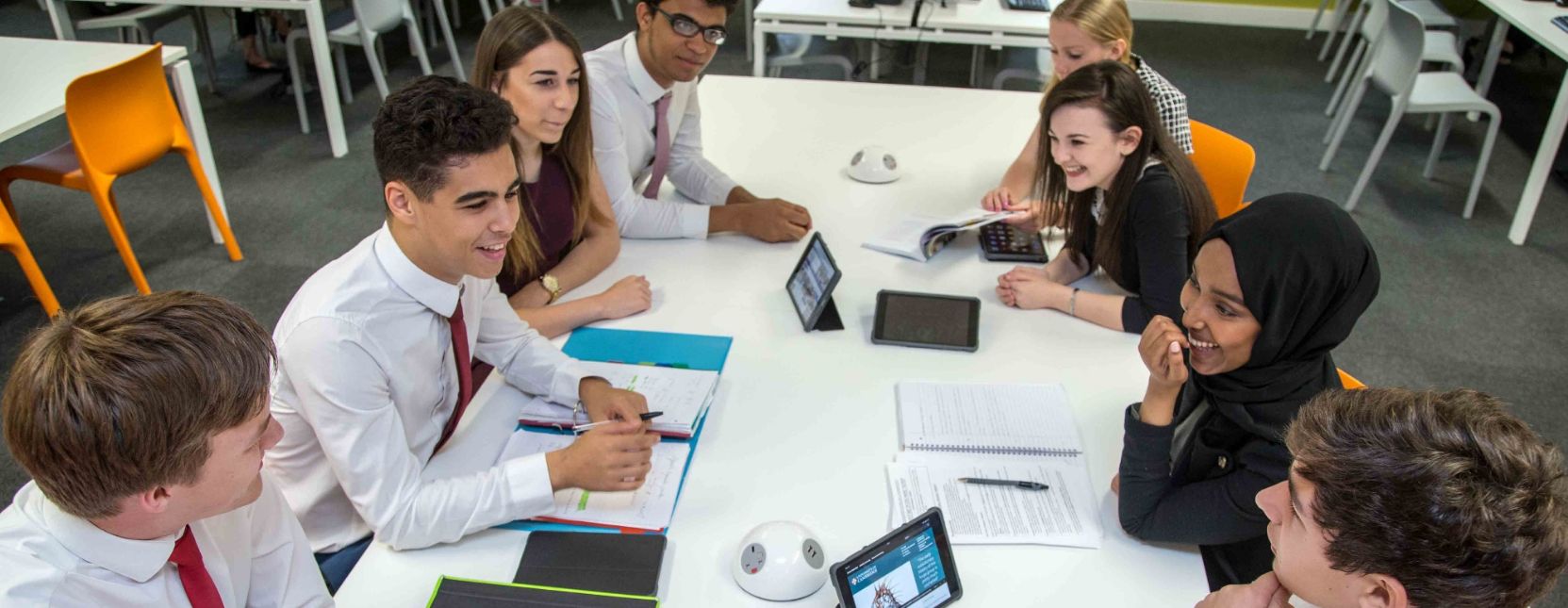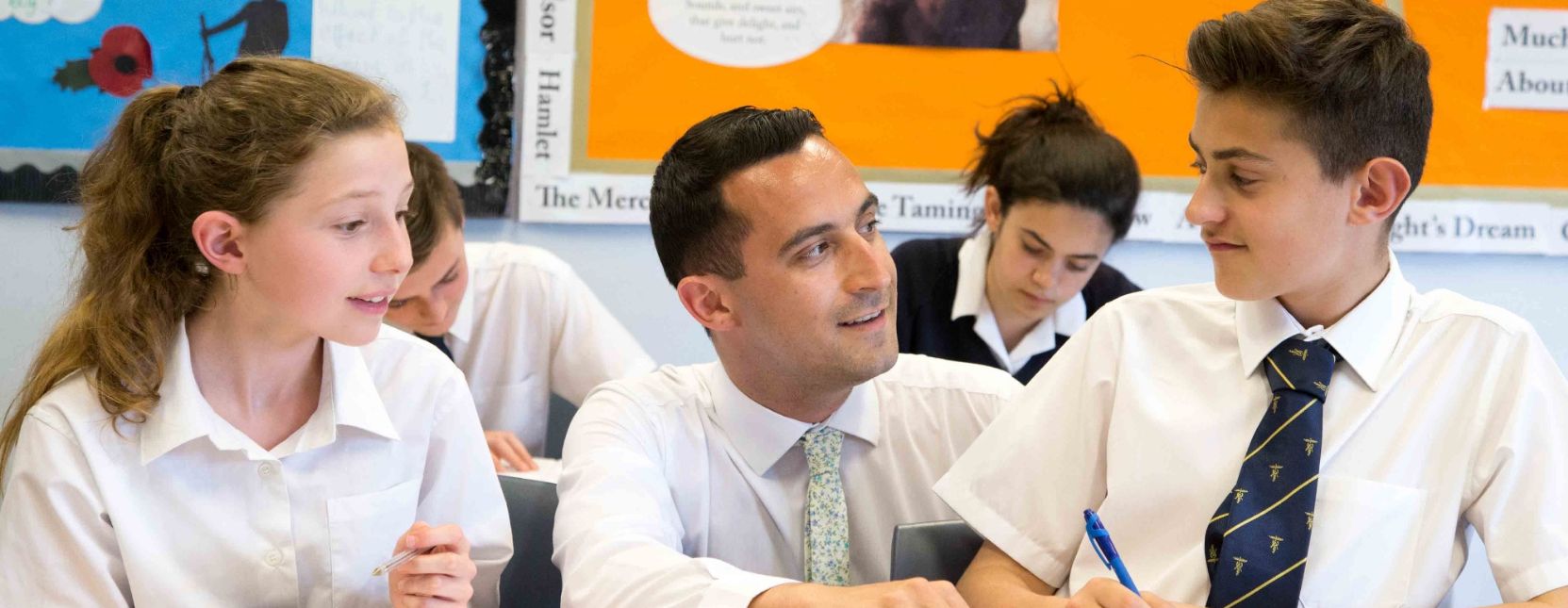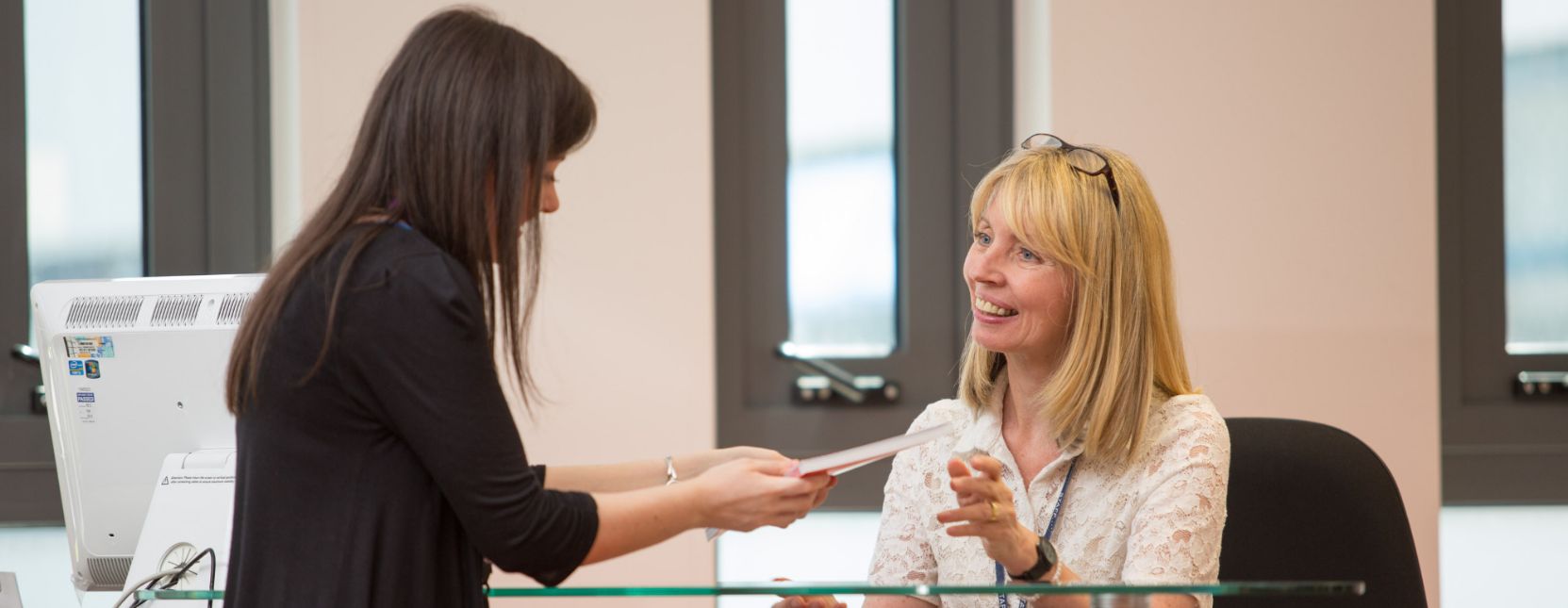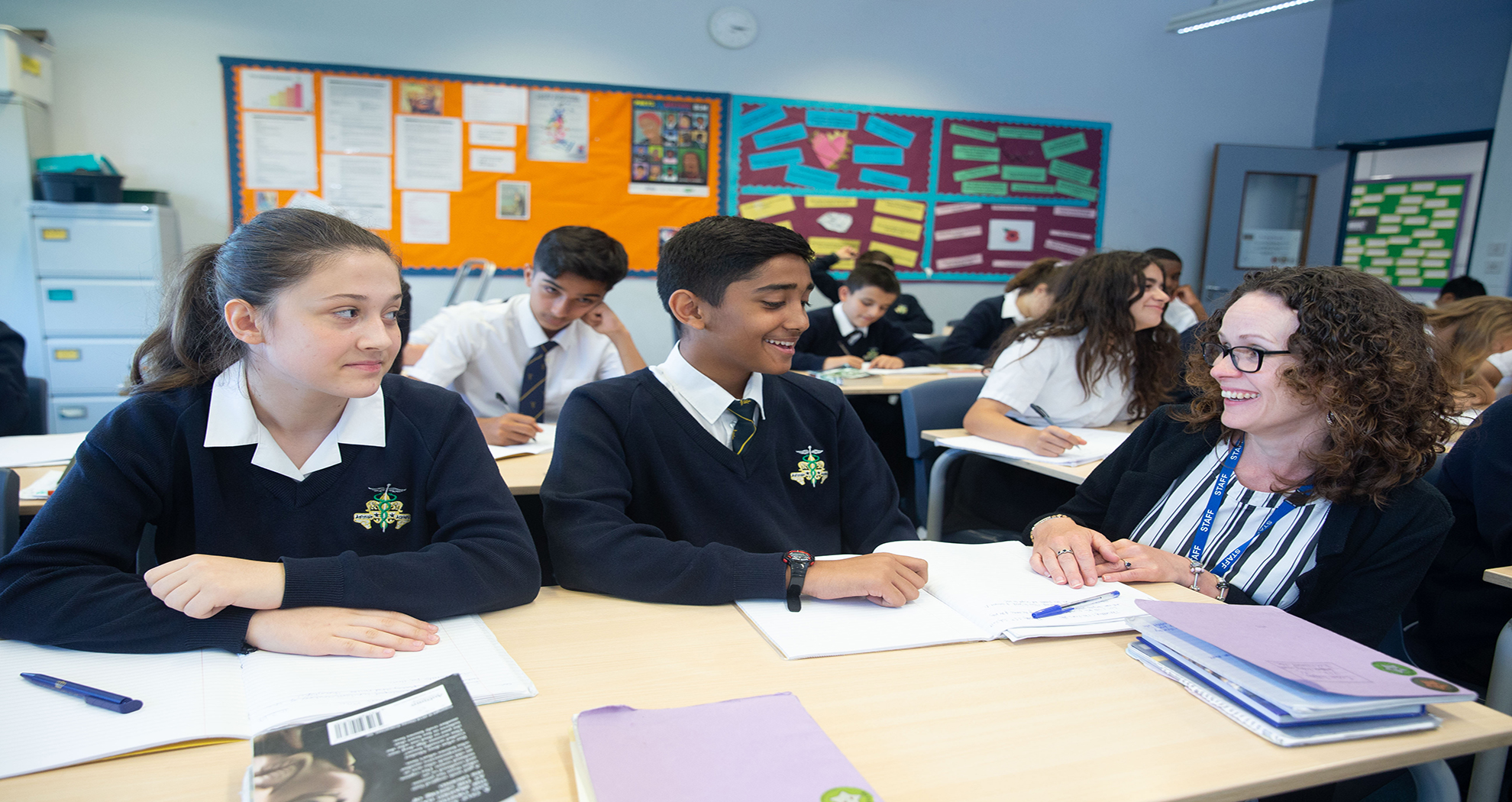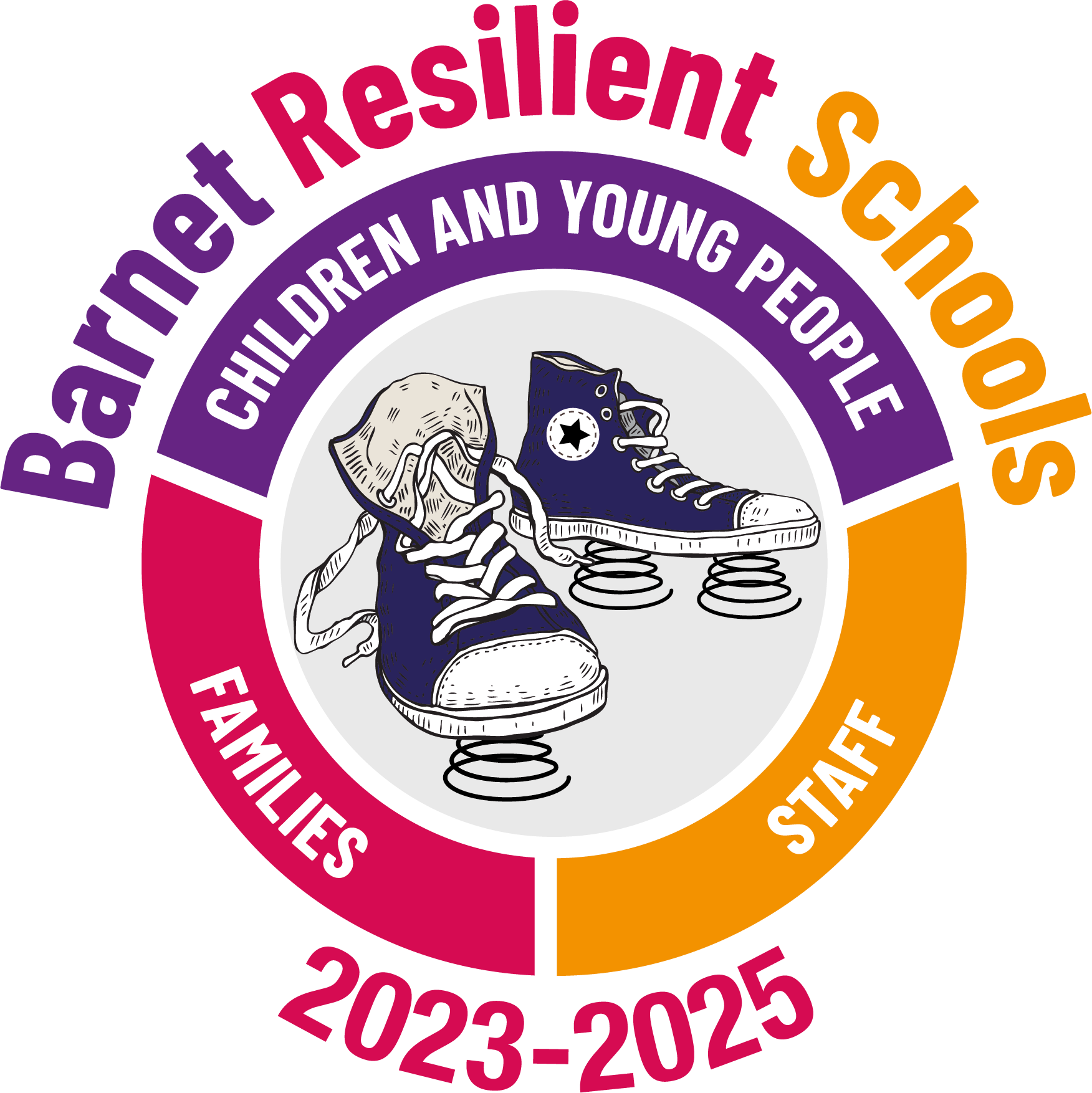School Counsellor
What is counselling?
Counselling is an opportunity to explore and talk about things that are of concern to a student, in confidence, with a qualified professional. What is spoken about will depend on the needs of the individual, but common themes are: stress, anxiety, depression and low self-esteem. Counselling is a commitment which often takes time and may be difficult emotionally. It’s worthwhile considering that often a student may feel worse before they feel better.
How are students referred to Counselling at Ashmole Academy?
Students can be referred for counselling by staff members at Ashmole if they have expressed emotional difficulties. 6th formers can refer themselves for counselling. New referrals join a waiting list and will be offered up to 6 weekly sessions with the School’s qualified counsellor, Mrs Ida Gupta. Parental consent will always be sought for students in Year 7-11 before an initial counselling appointment is offered.
Why does my child need to see a counsellor?
We all experience occasions when it feels hard to explain to those closest to us about things which are bothering us. Often this can be because we do not want to burden those we love best or because we want help thinking things through with someone else outside of the family. The counsellor will not be judging you or your child, but looking to help them find their way through whatever is troubling them.
Is it confidential?
A key feature of the counselling service is that information discussed in the counselling session is treated confidentially. Counselling is a time when it is OK to talk about concerns without fear of them being discussed elsewhere. This includes not discussing the work with anyone unless the young person requests or gives consent for this. This can be hard for parents to accept at times but ensuring confidentiality of the work is crucial for establishing trust so that young people feel confident to speak openly and freely about what is concerning them. However, if a student appears to be at risk of significant harm it may be appropriate to seek help to keep them safe, and in this instance these concerns will be referred onto the Safeguarding Team. The counsellor would aim to discuss this first with the child concerned and will seek to involve all appropriate parties. The counsellor receives supervision of their work from external practitioners to guarantee the quality of the service provided.
How can I support my child?
As a parent or carer you may want to be involved in supporting your child through the counselling process. Some young people may want to discuss their counselling experience with you and some may not. It is important that you let your child decide what is best for them and respect their privacy. You can offer help and support in many ways:
· Try to help the young person to recognise the value of regularly attending sessions.
· Respect that it is the choice of the young person whether to attend (or to not attend) their session.
· Give them time and space, they may have a lot to think about and information to digest. They will share their thoughts and feelings if and when they are ready to.
· Support them to express how they are feeling.
· Trust the professional relationship between them and their counsellor. Be aware that this process may be difficult and may have an impact on you too. Counselling can be a difficult and emotional time and young people can often take it out on those closest to them.
· Encourage your child to maintain healthy self-care habits like regular sleep, good nutrition choices, exercise and relaxation time.
Counselling is not a magic solution, and sometimes it takes a while to feel the benefit. Change may be gradual and hard to notice, but the wellbeing of each student in counselling will be monitored carefully, with further support given where appropriate.


